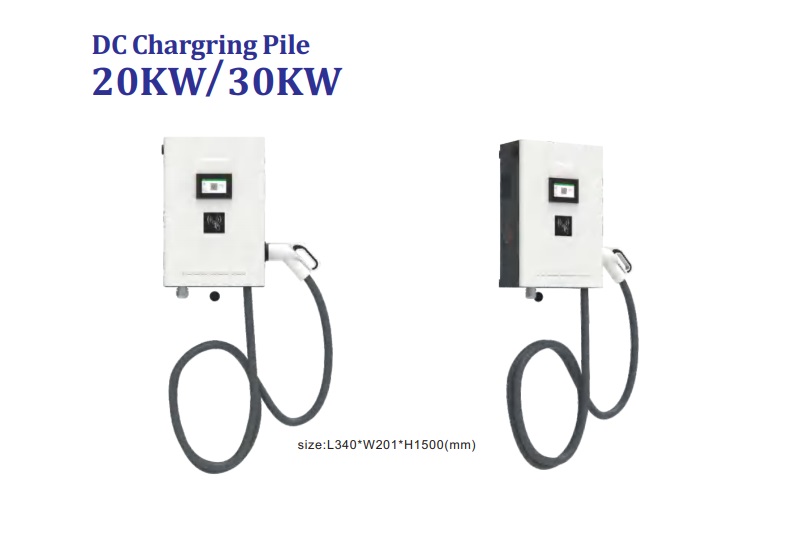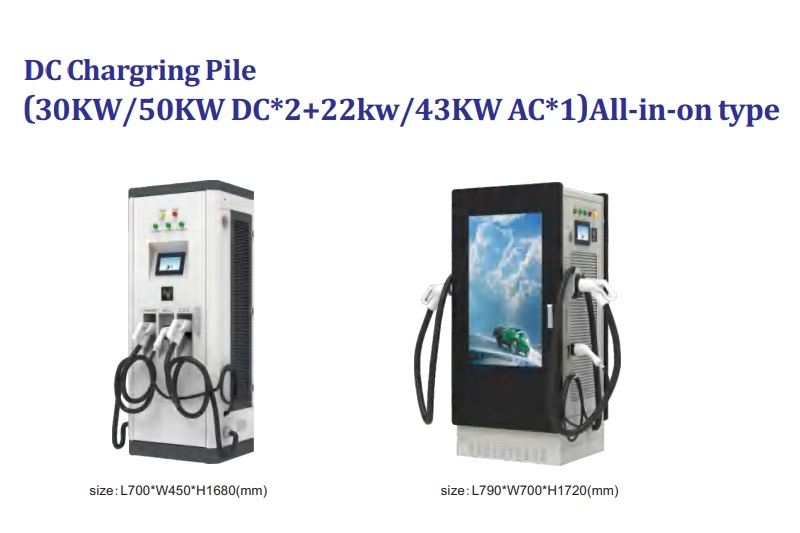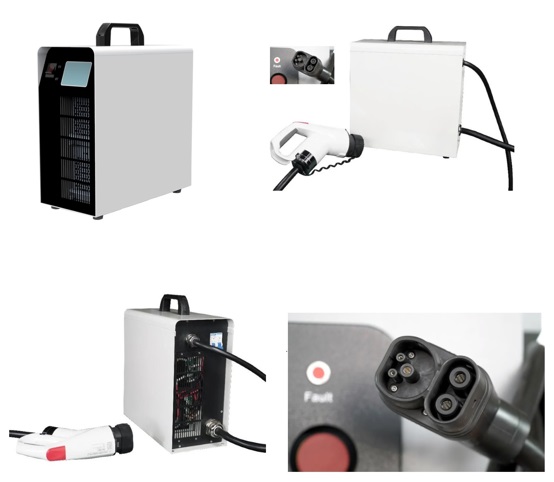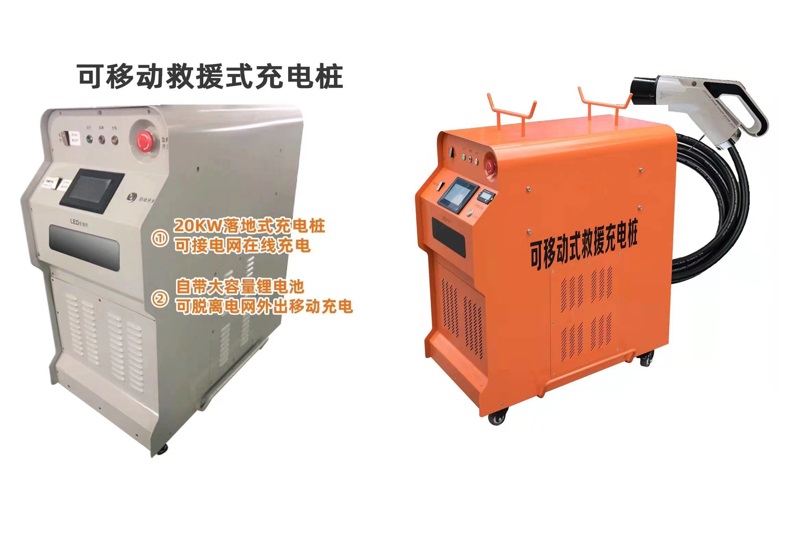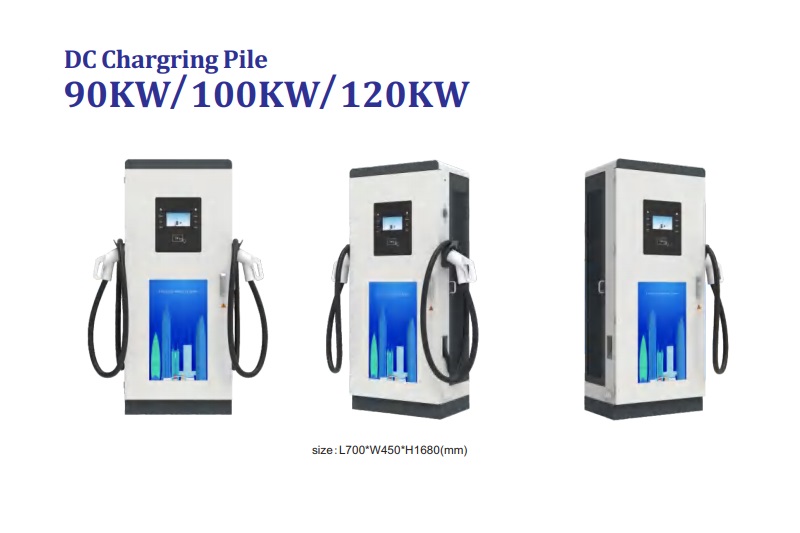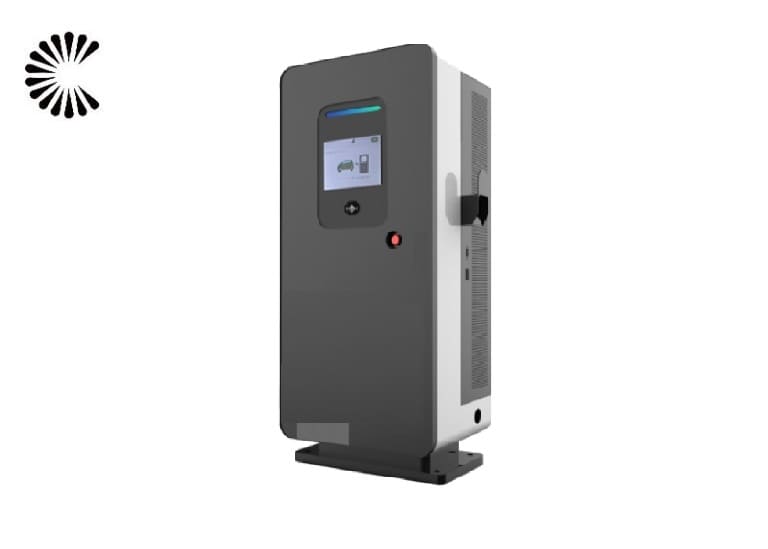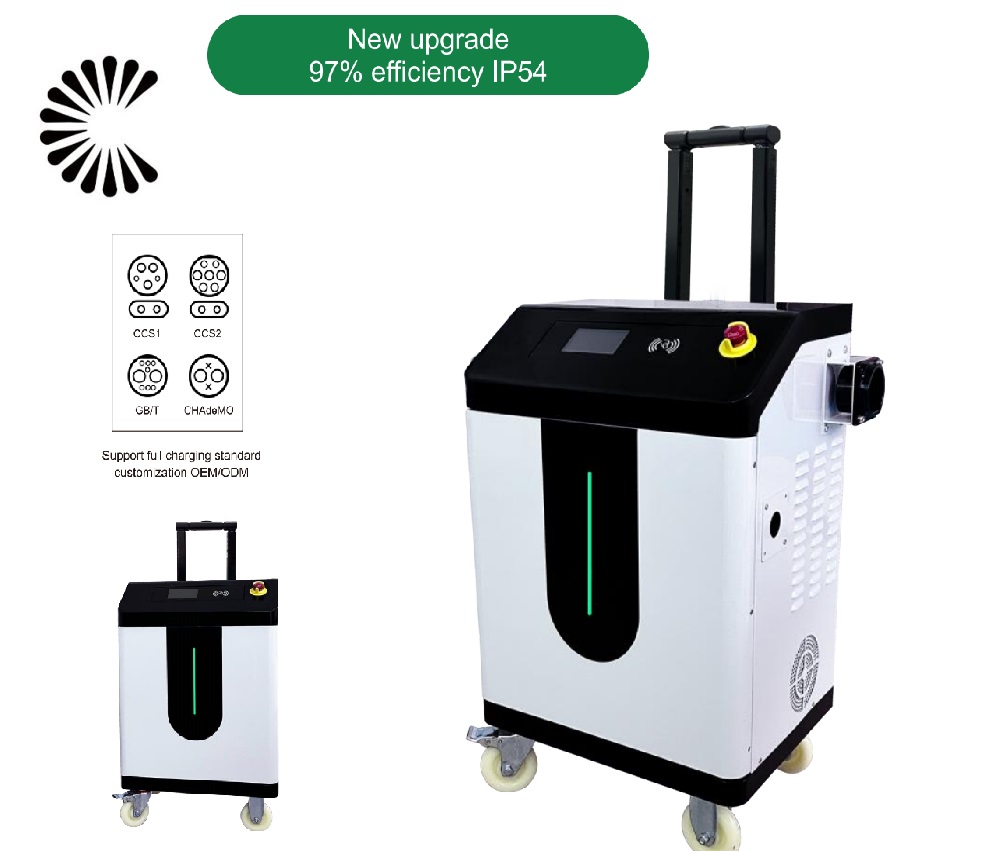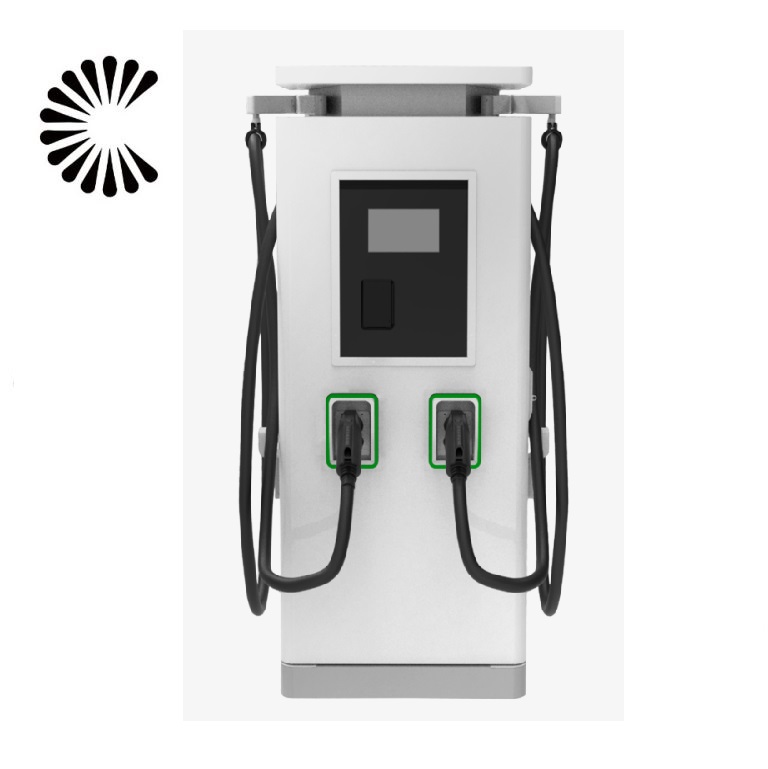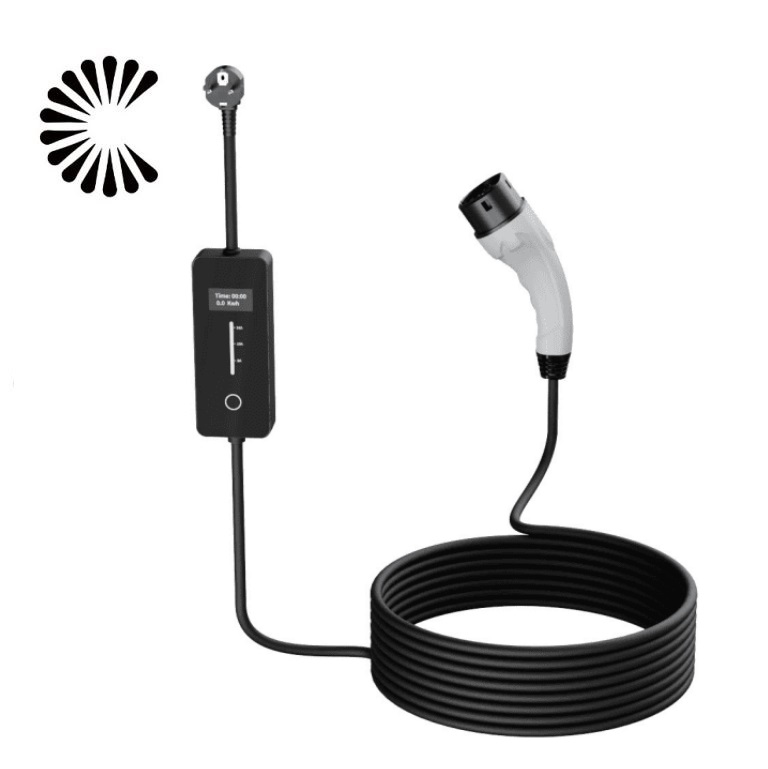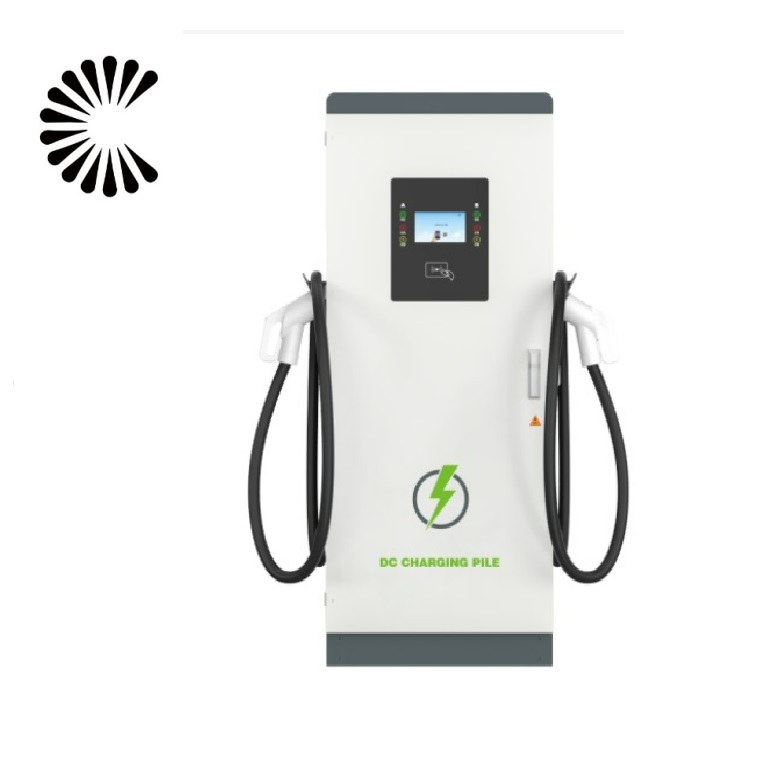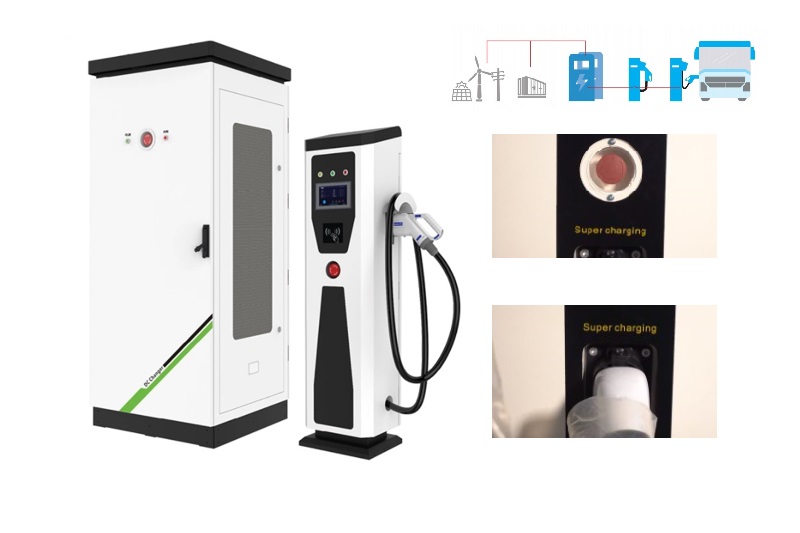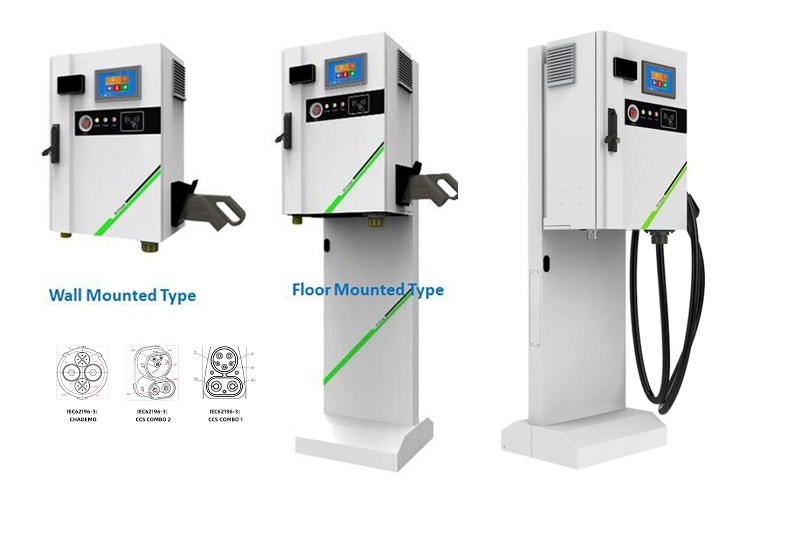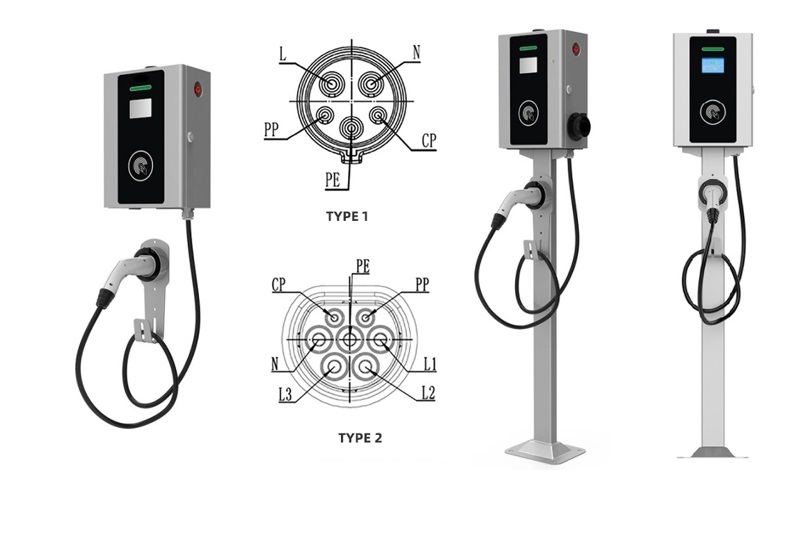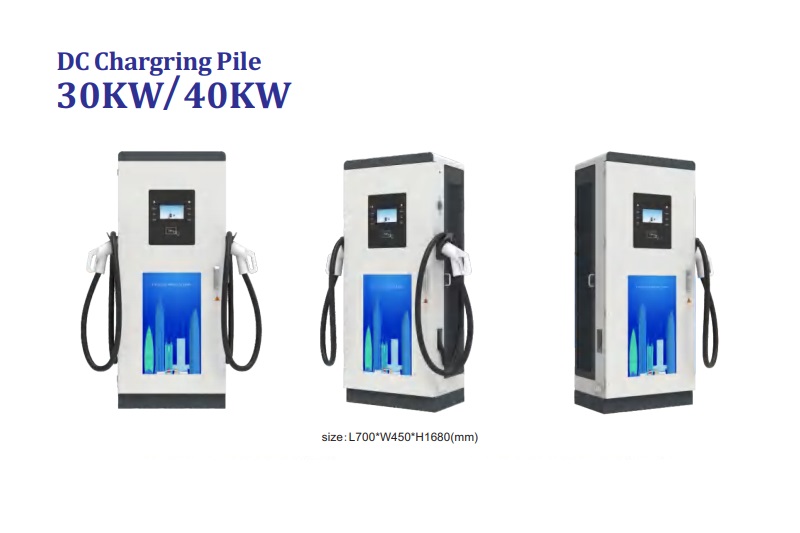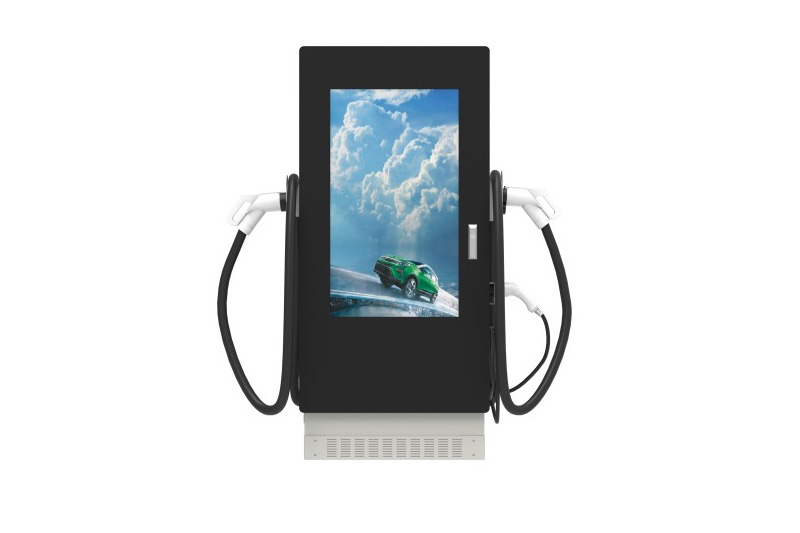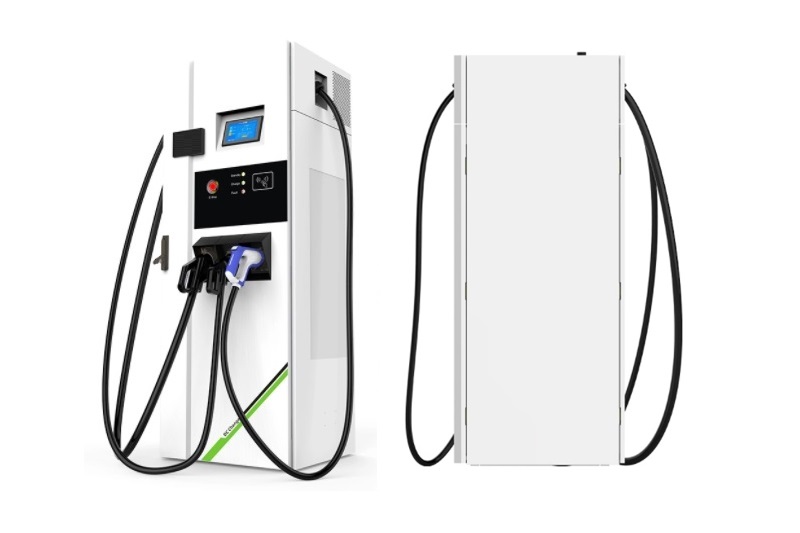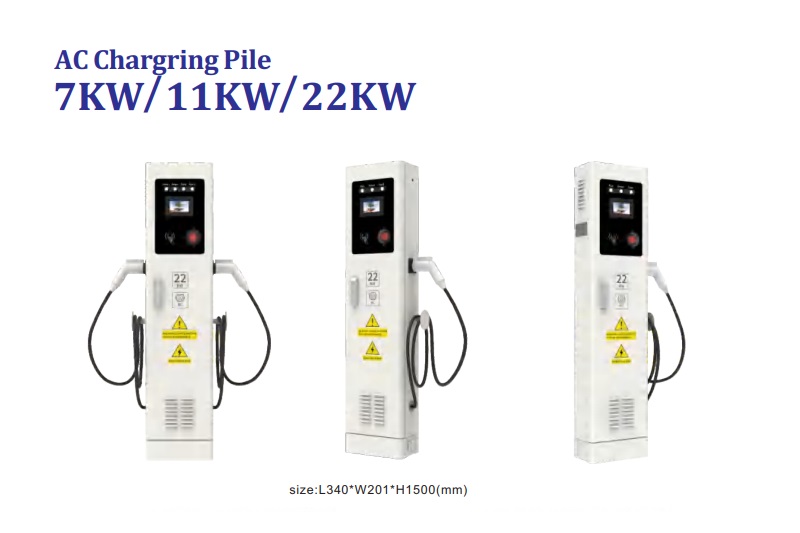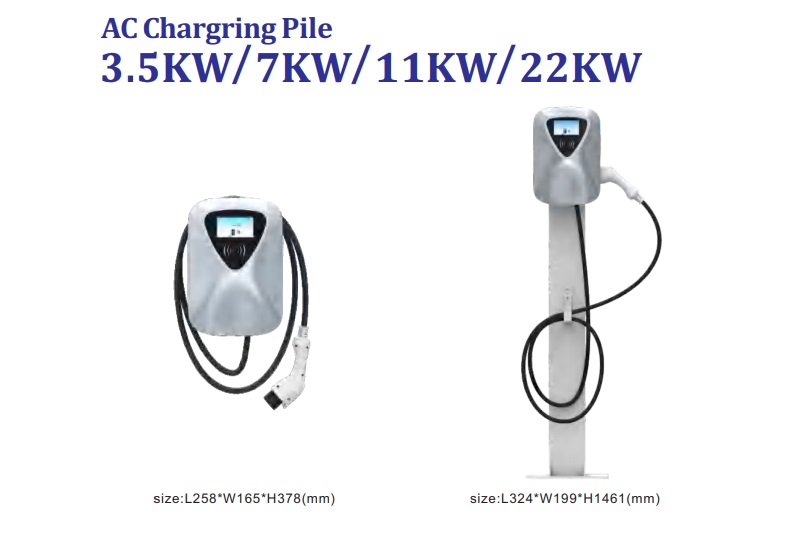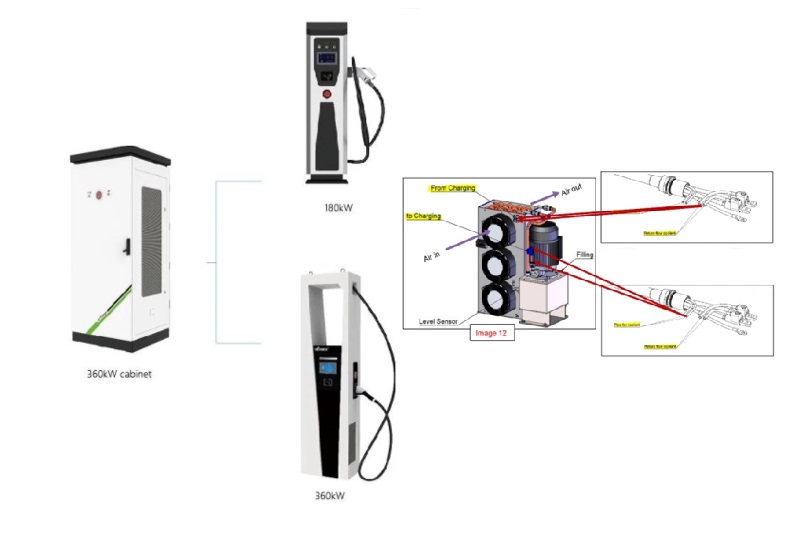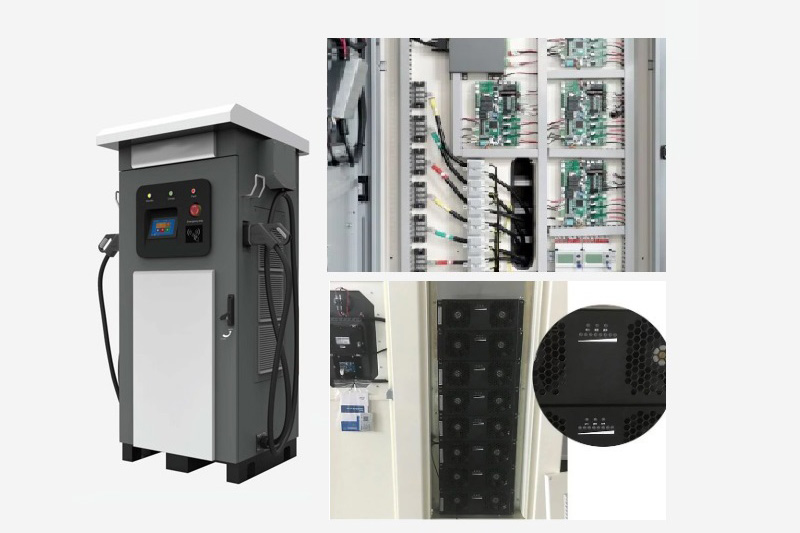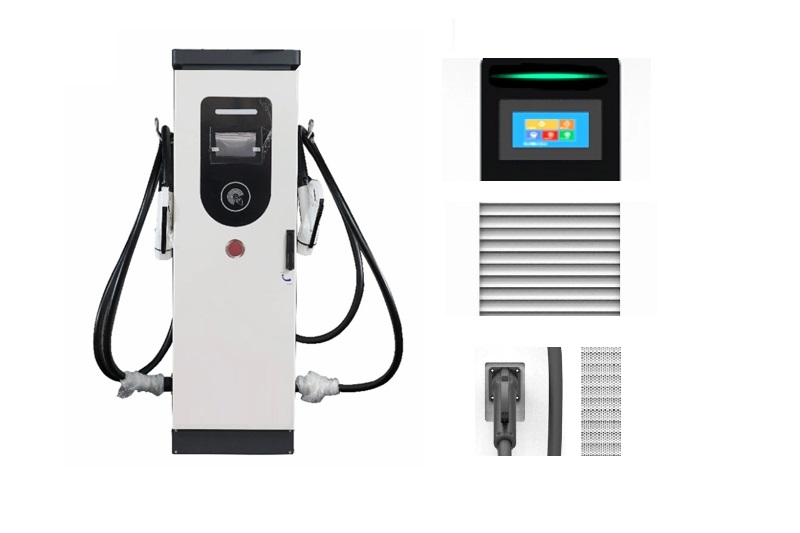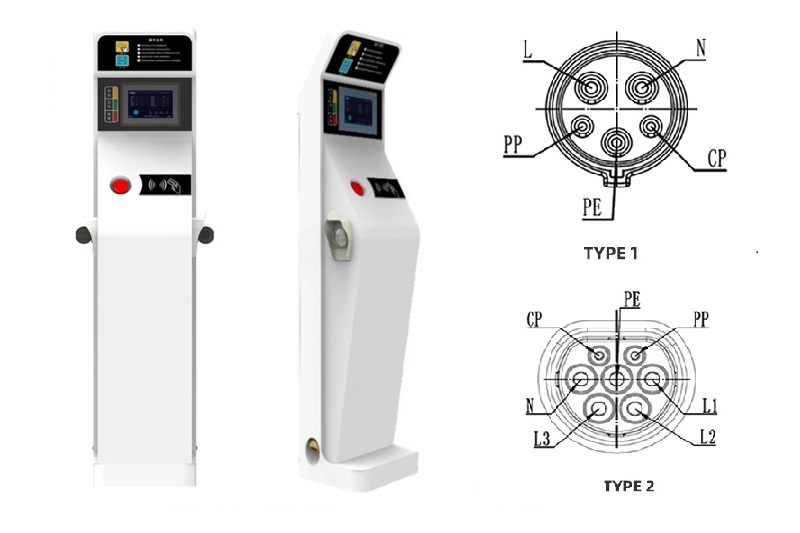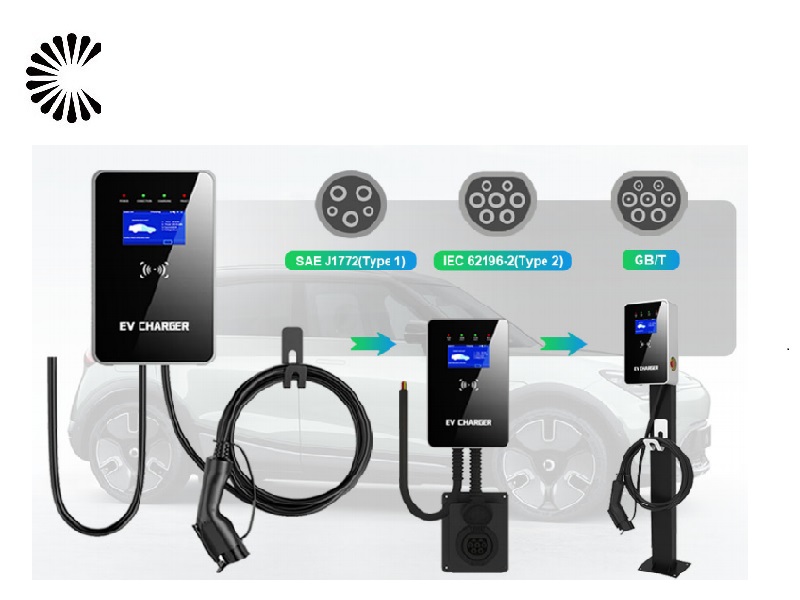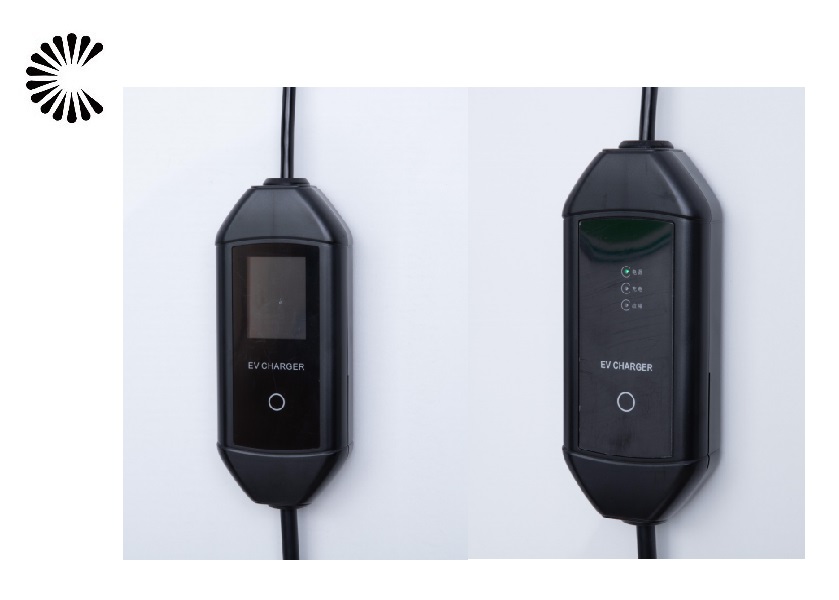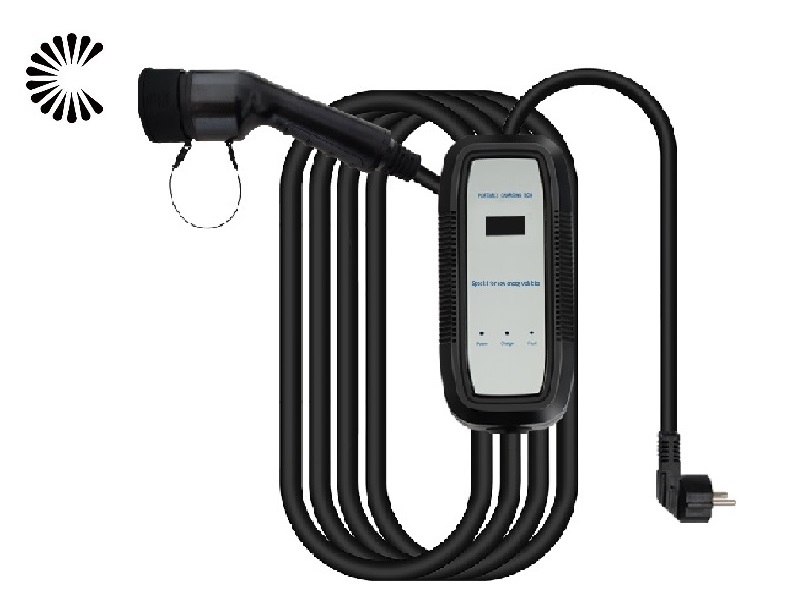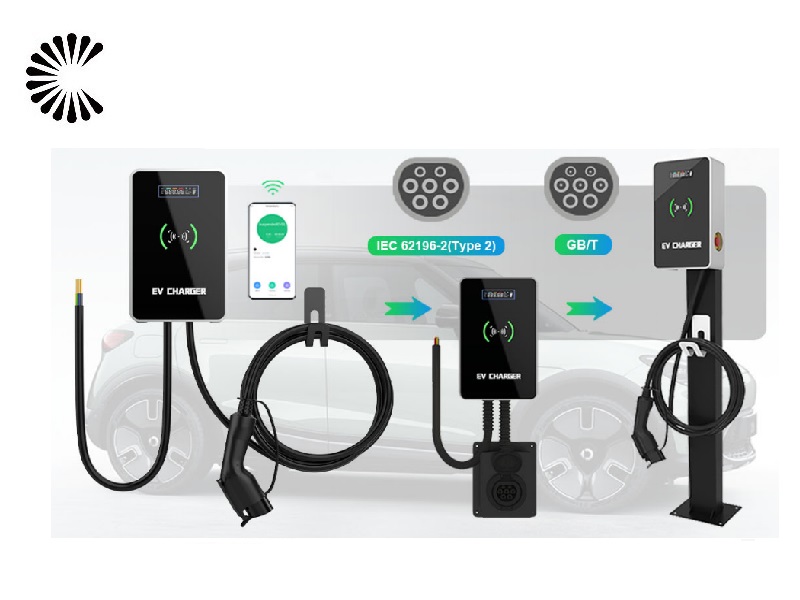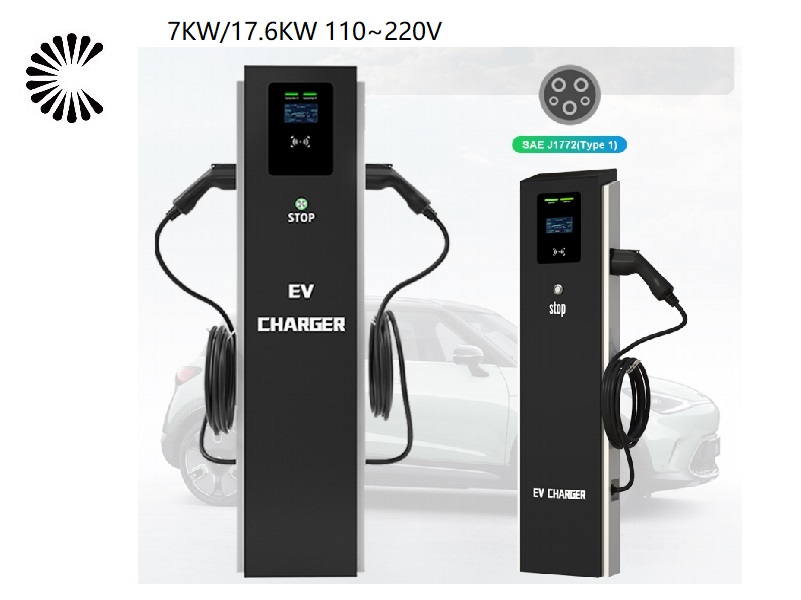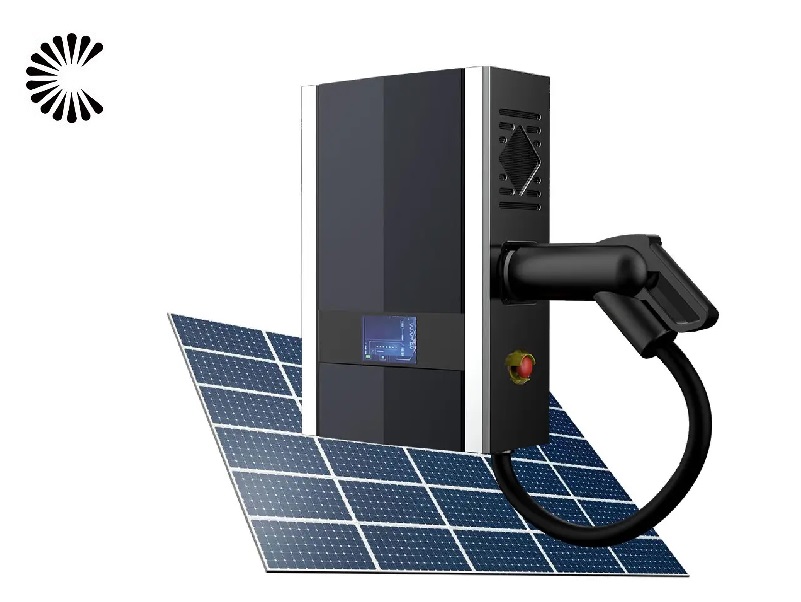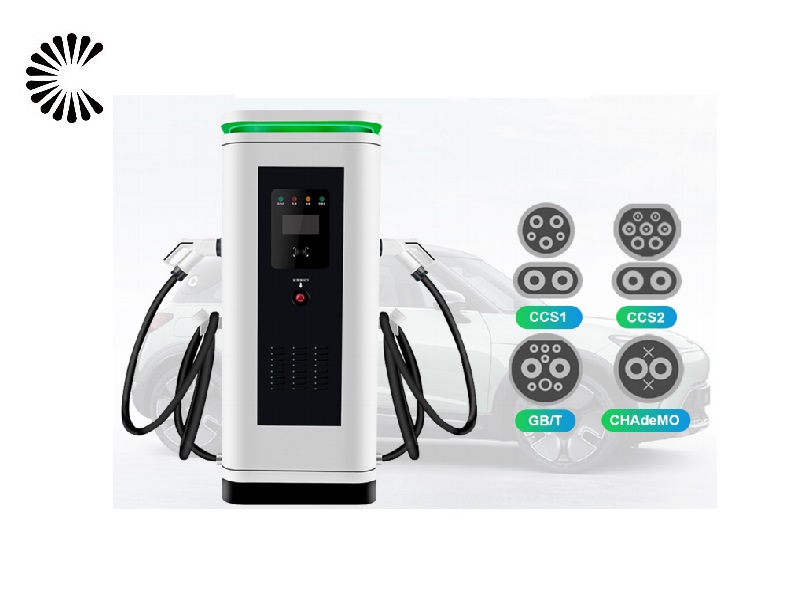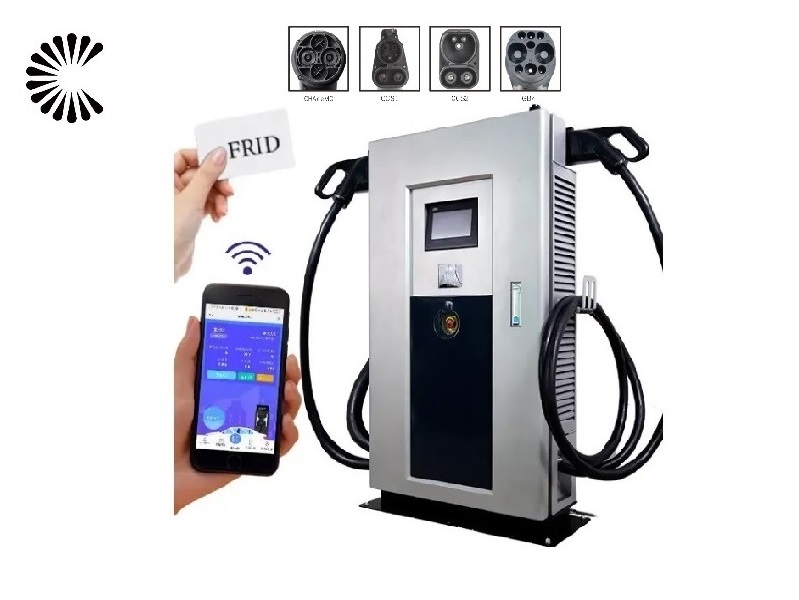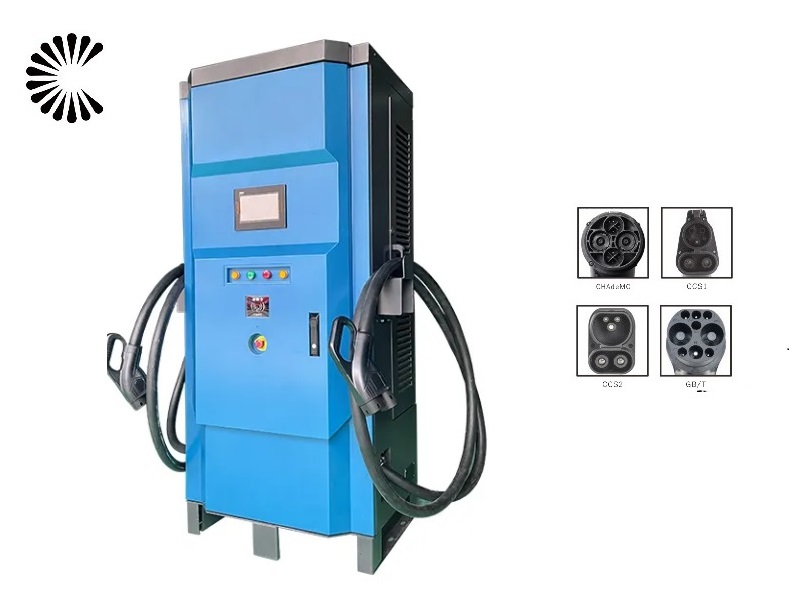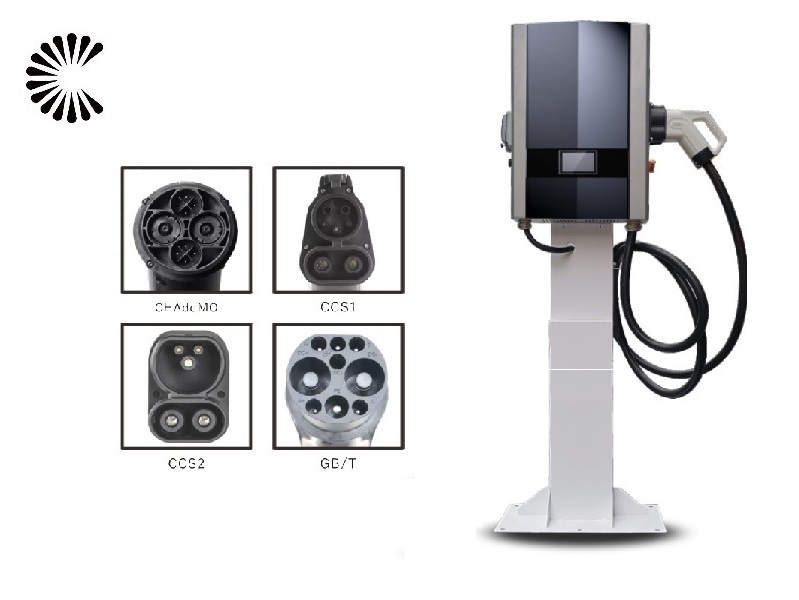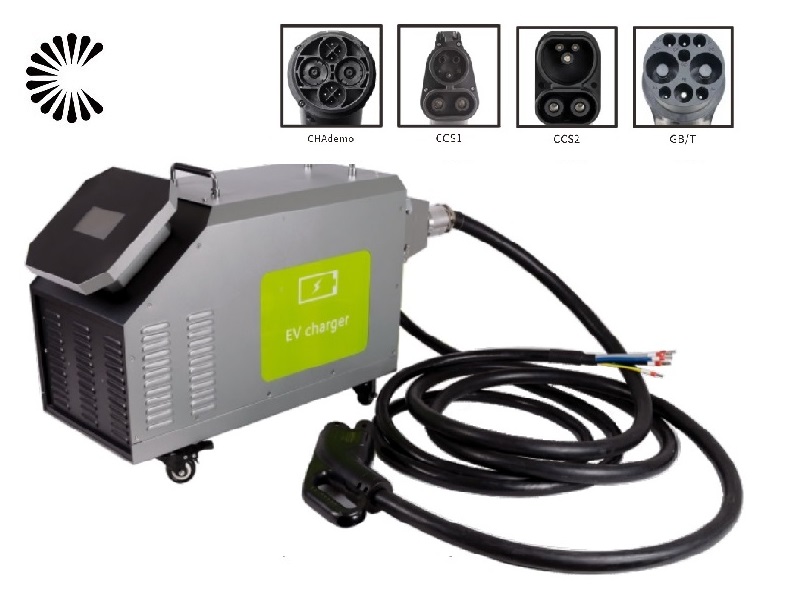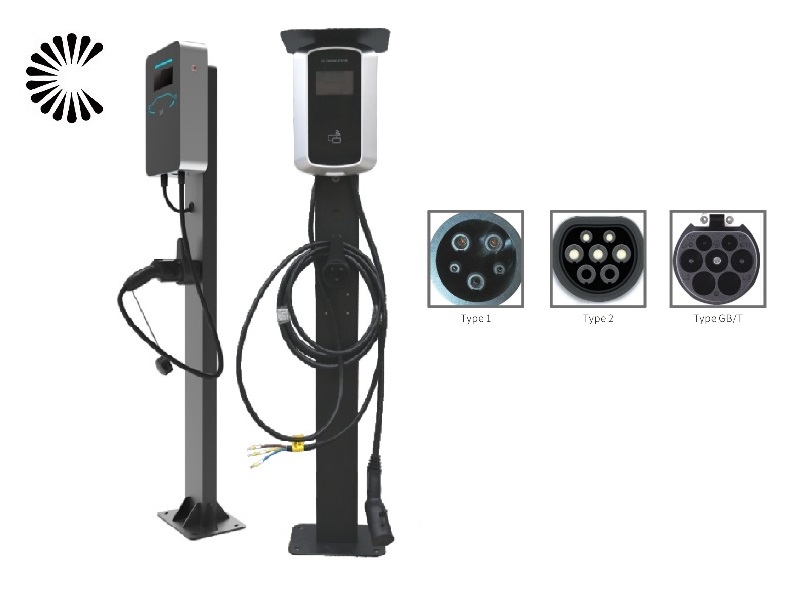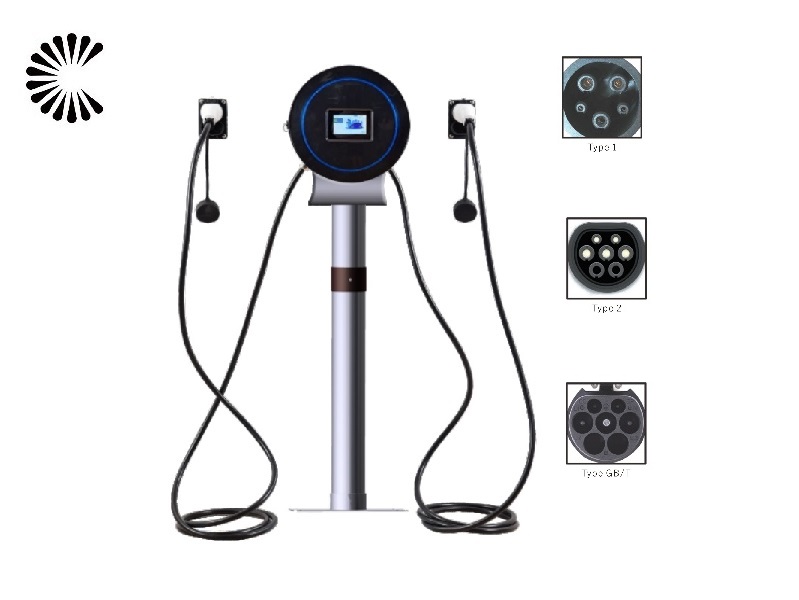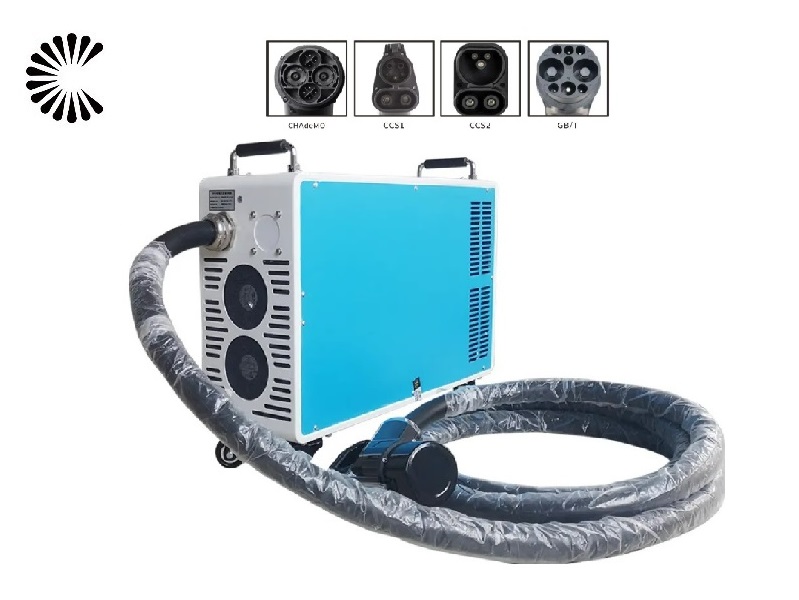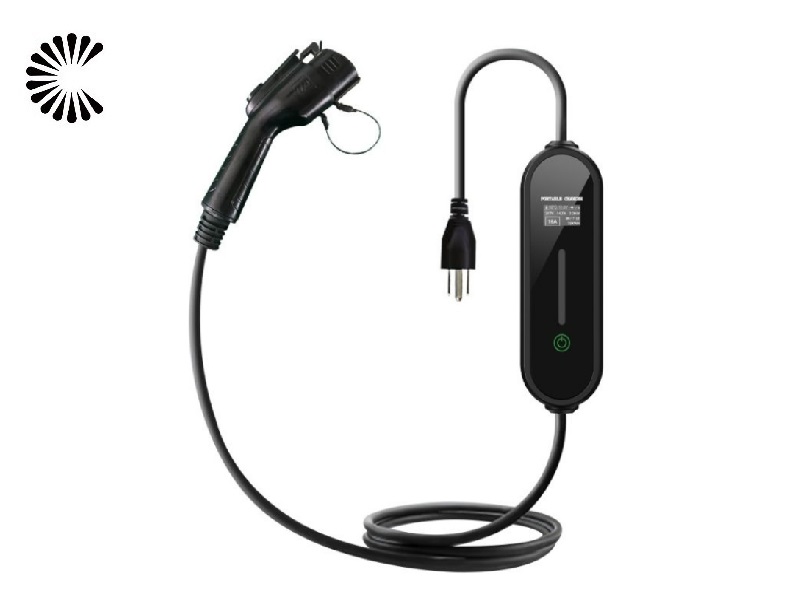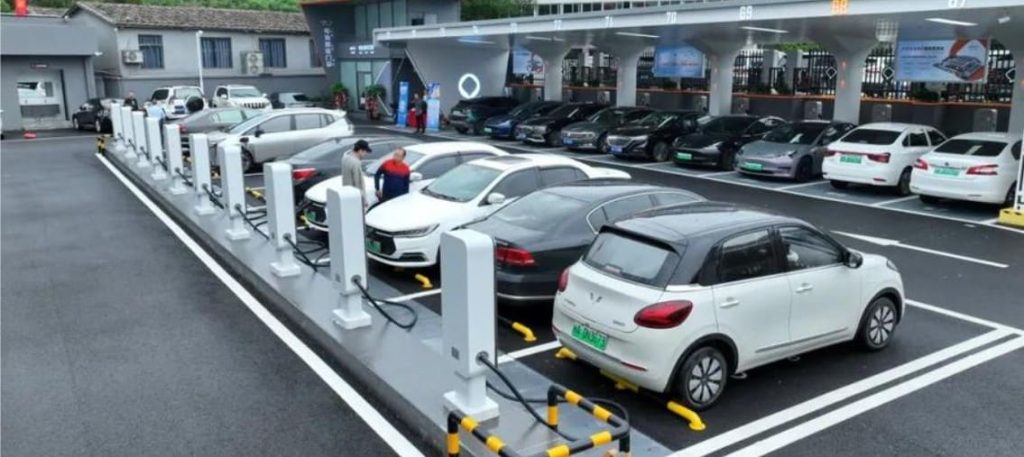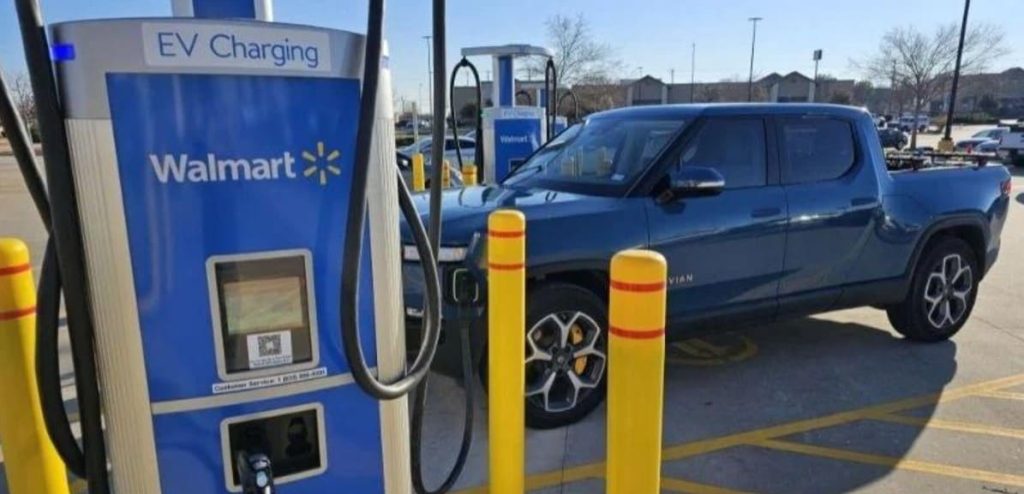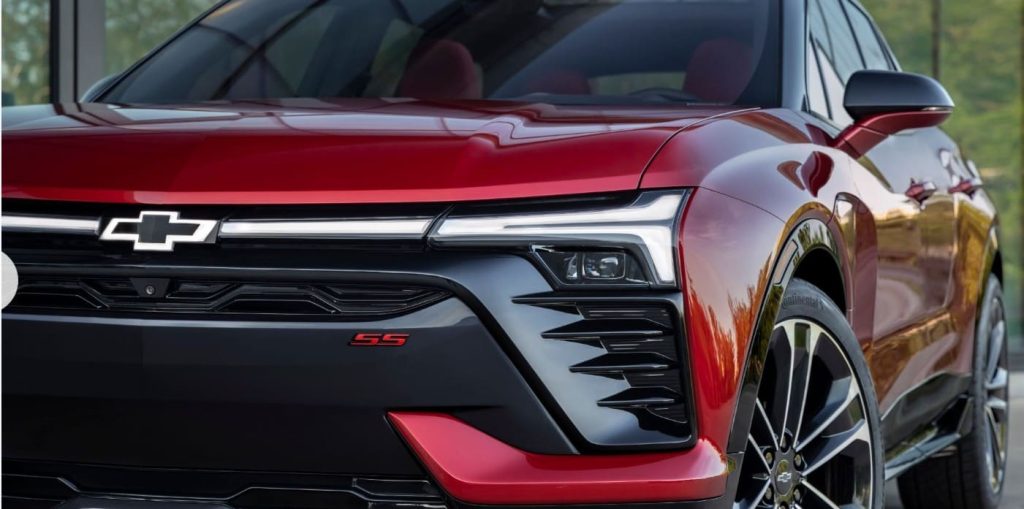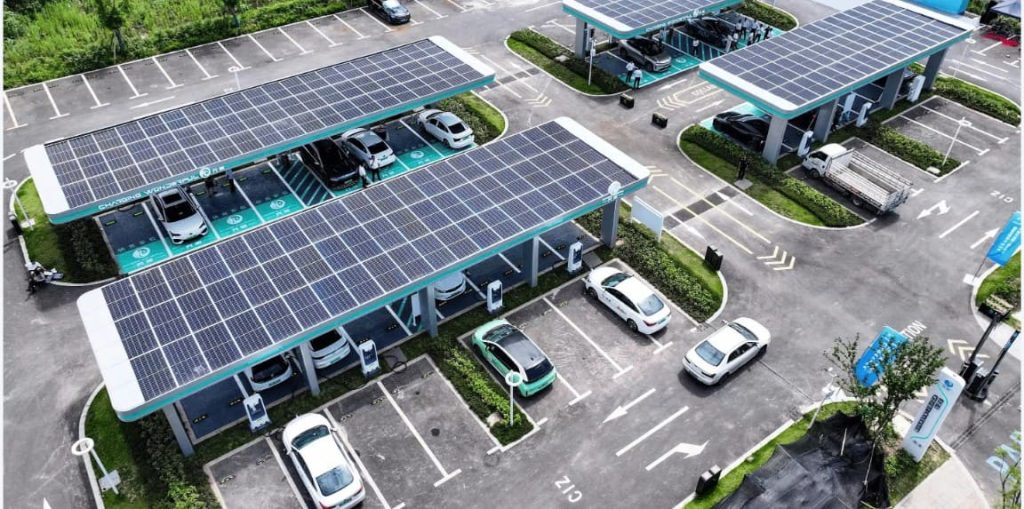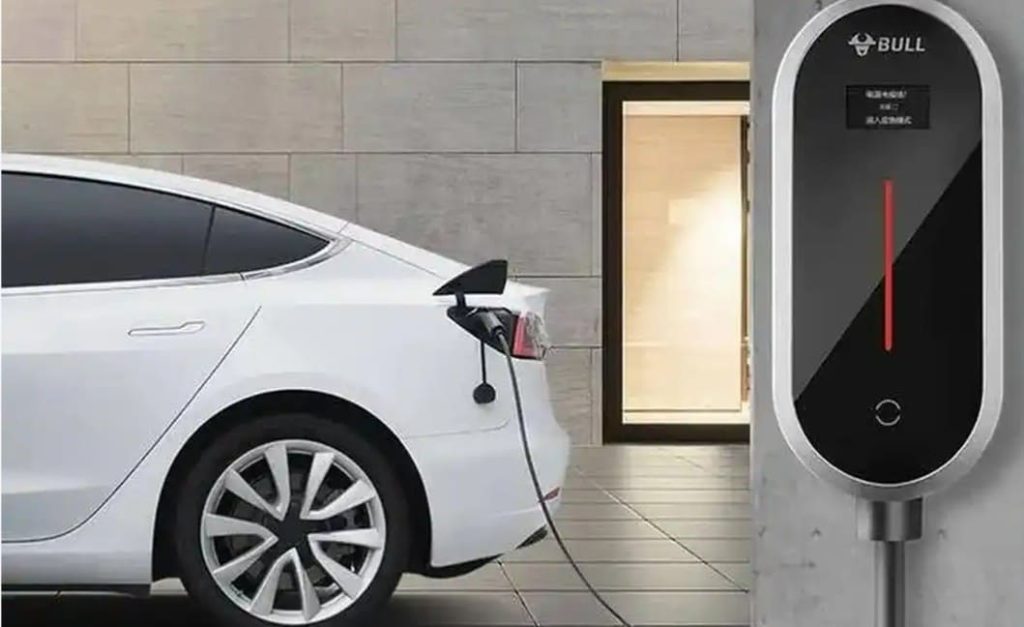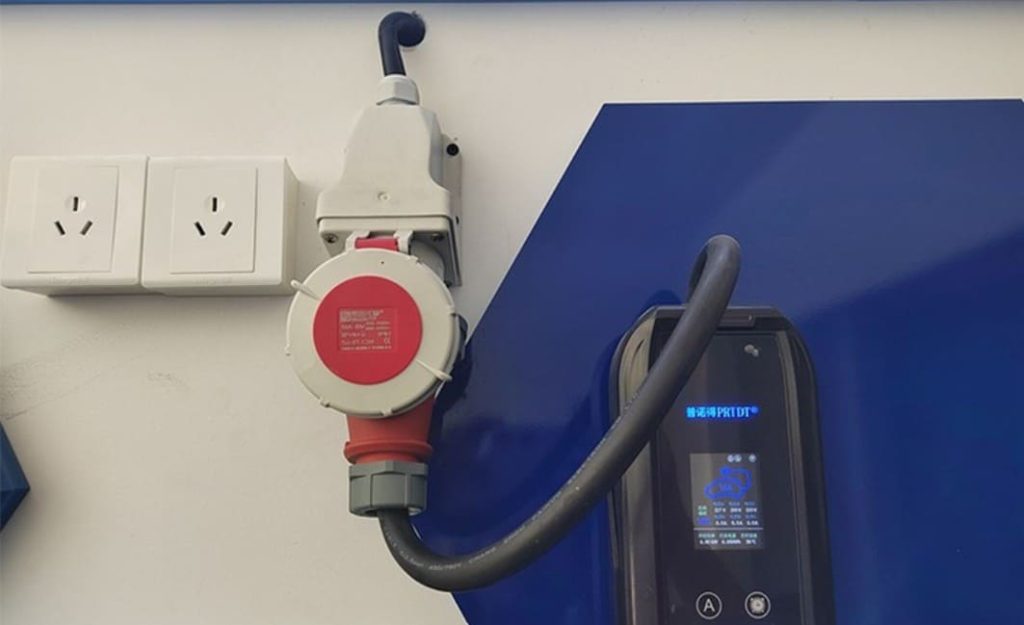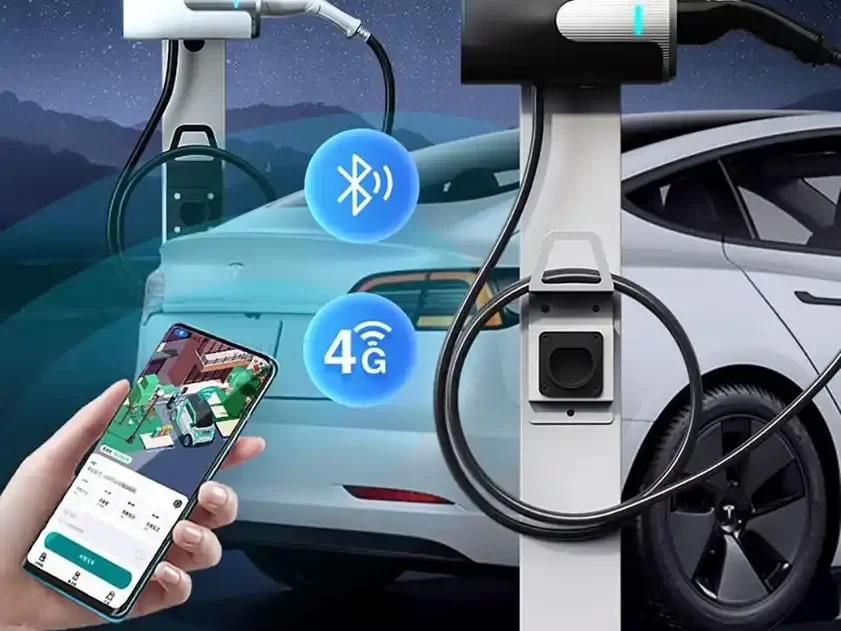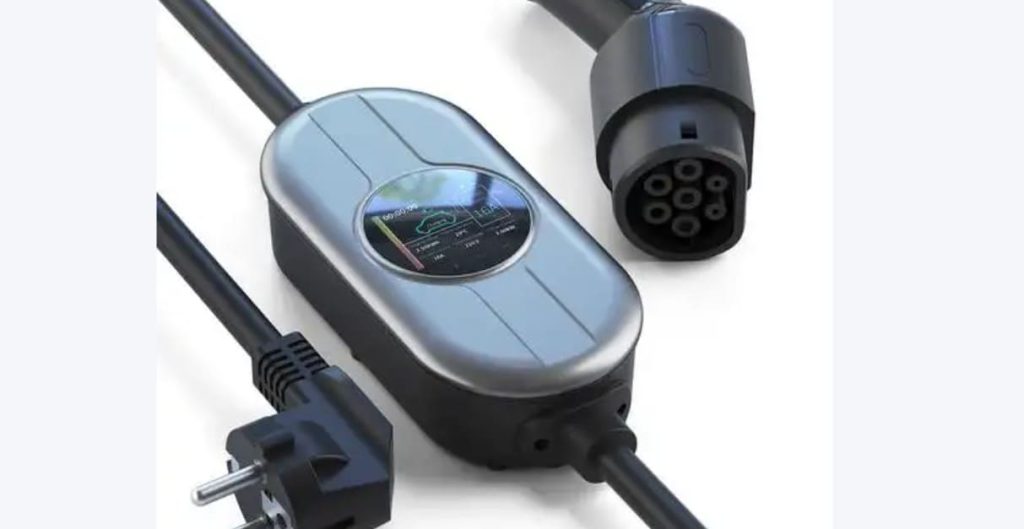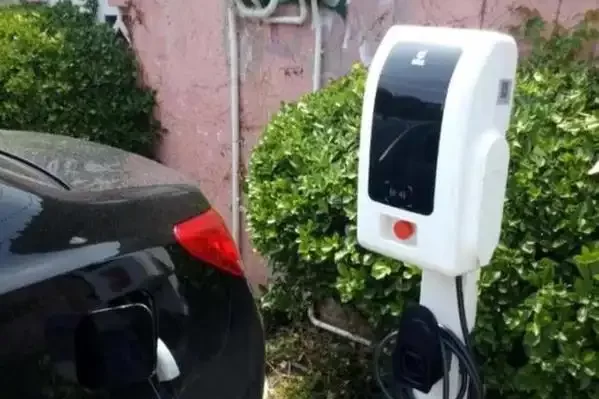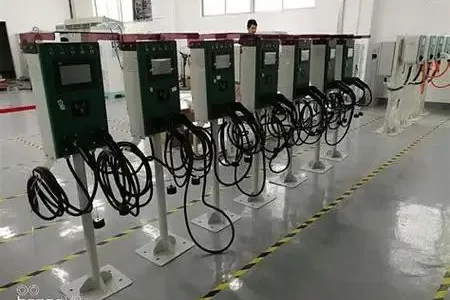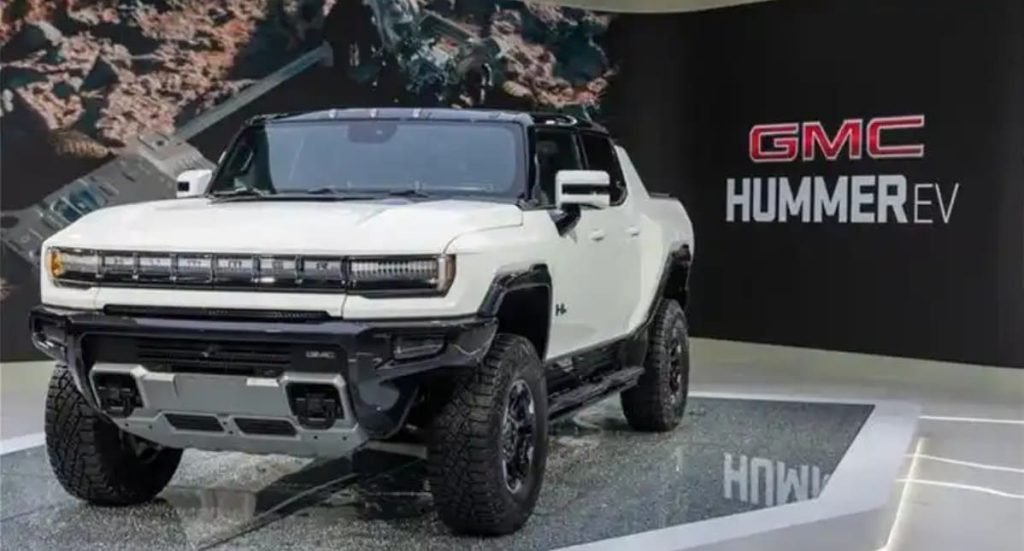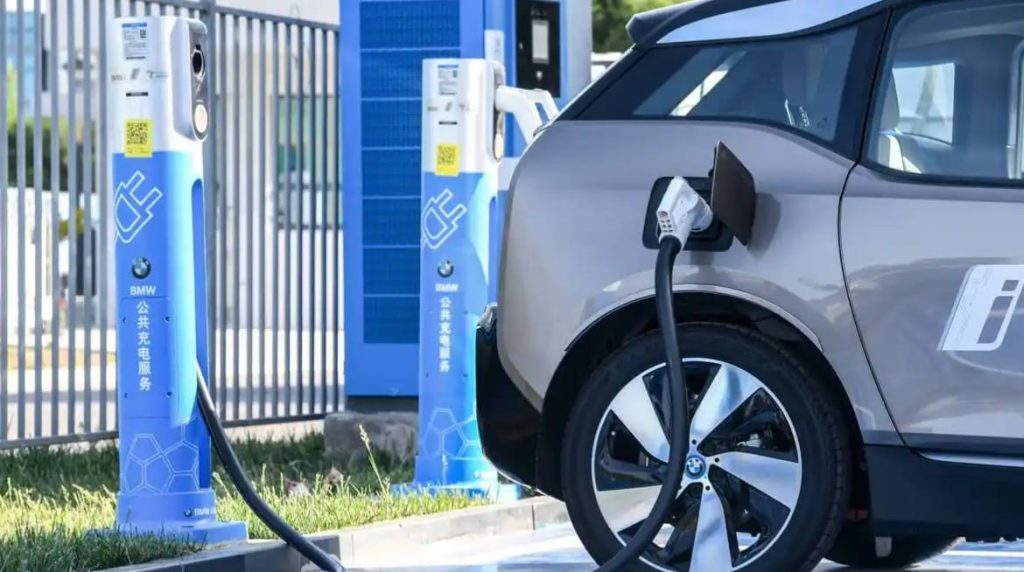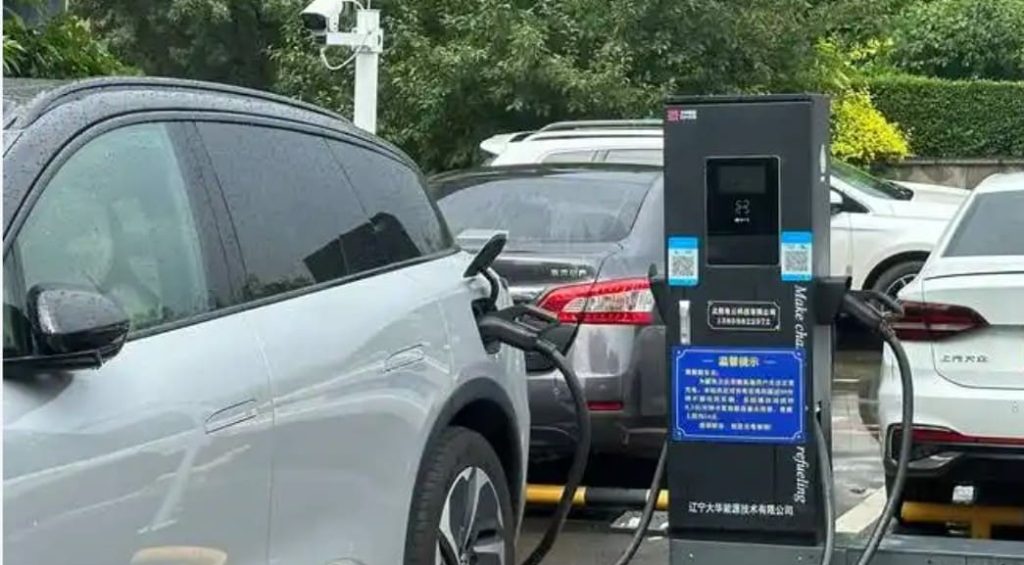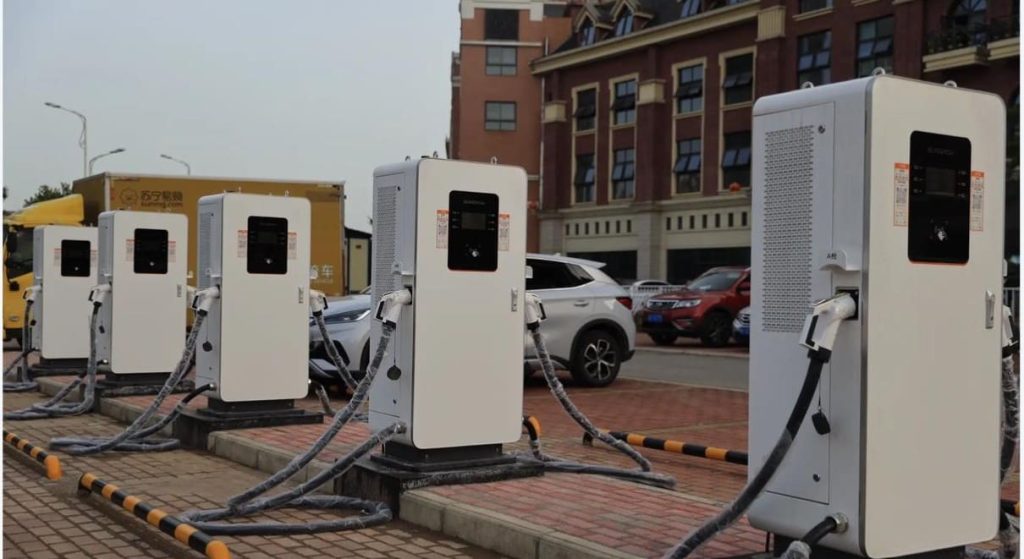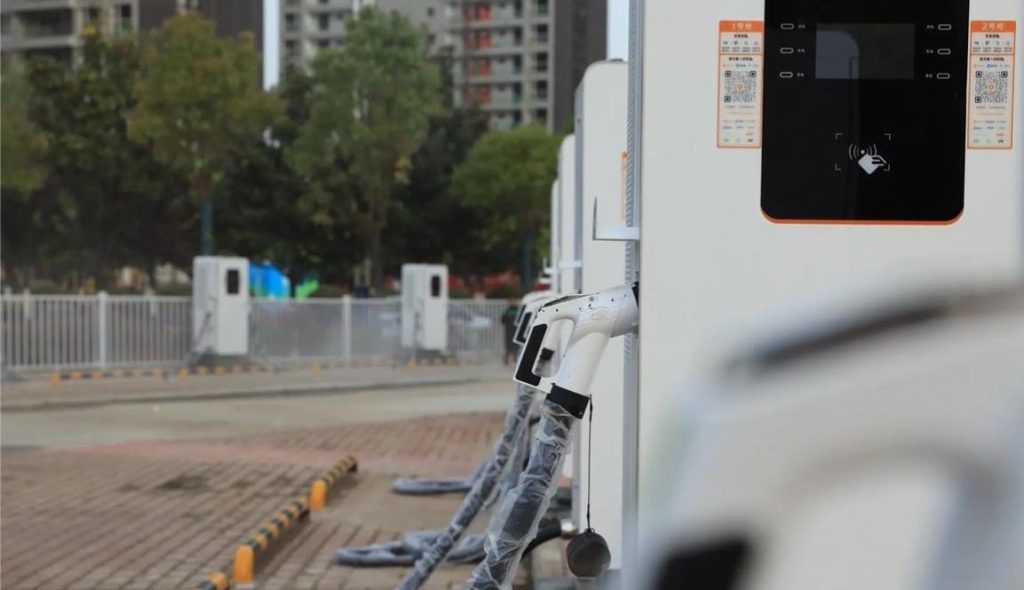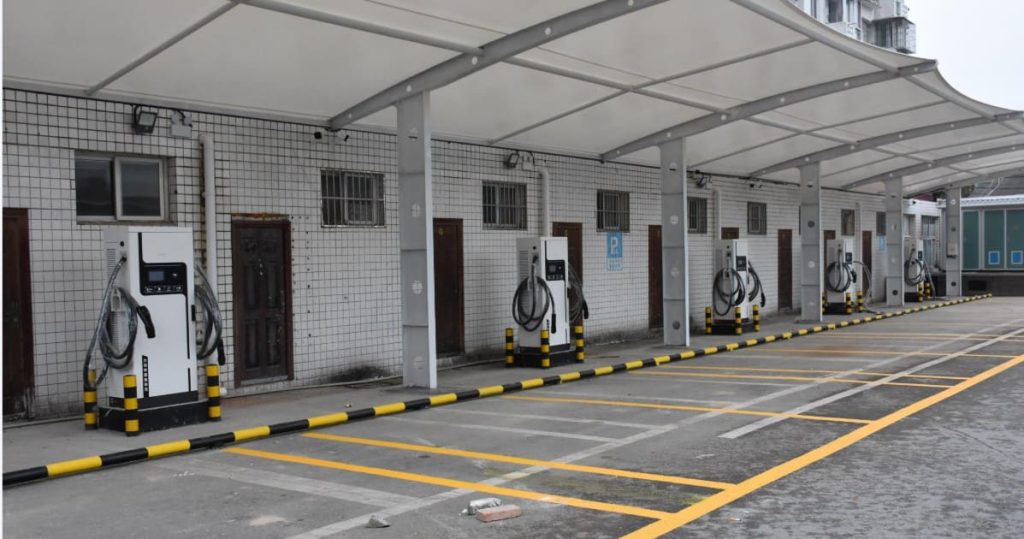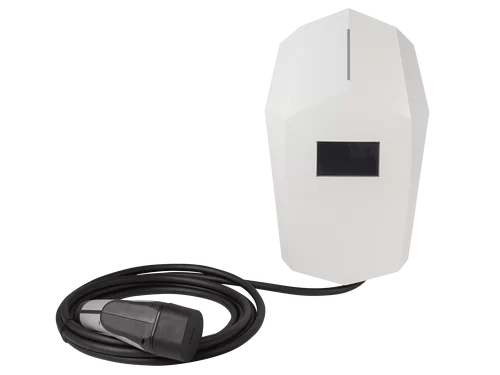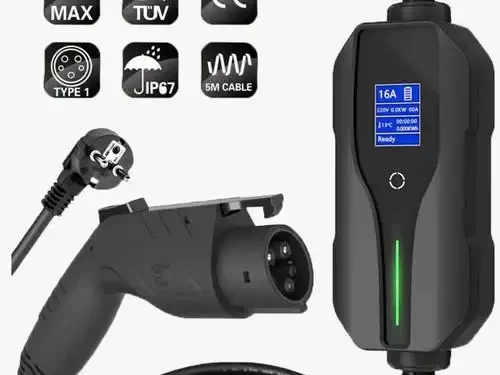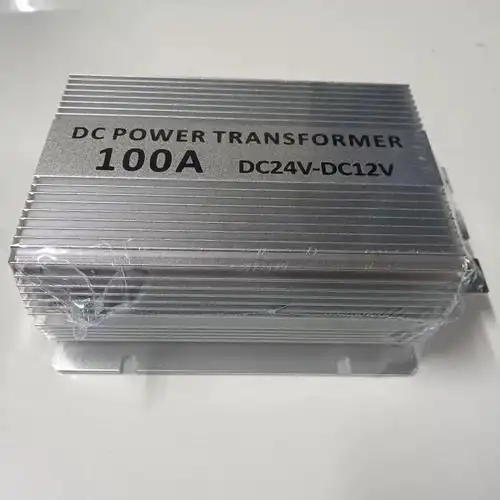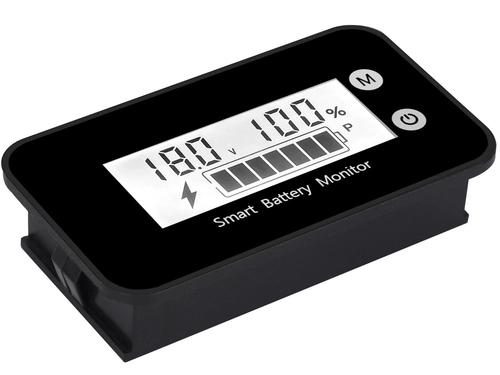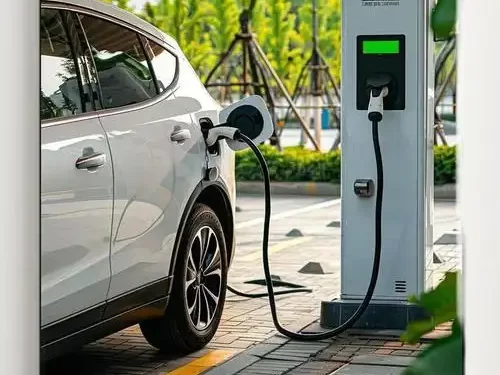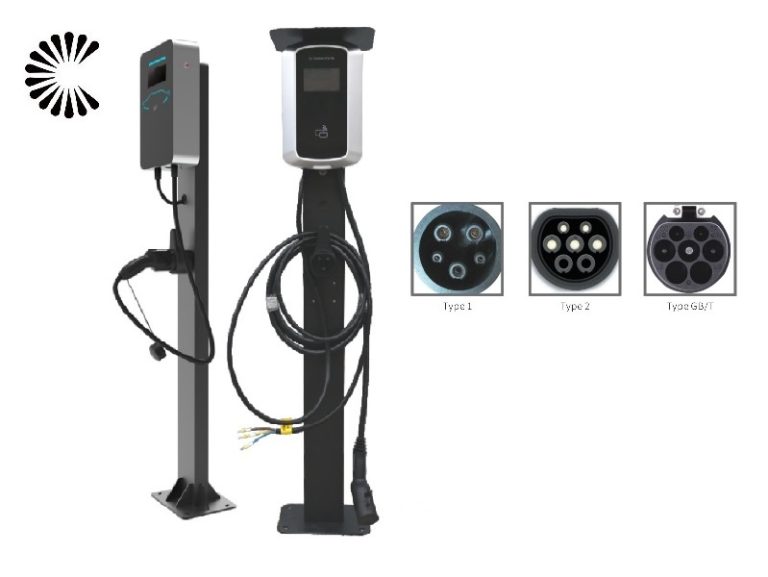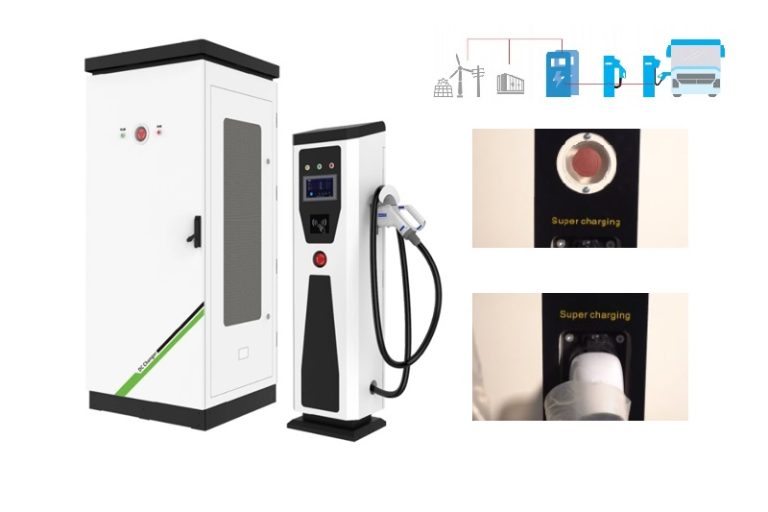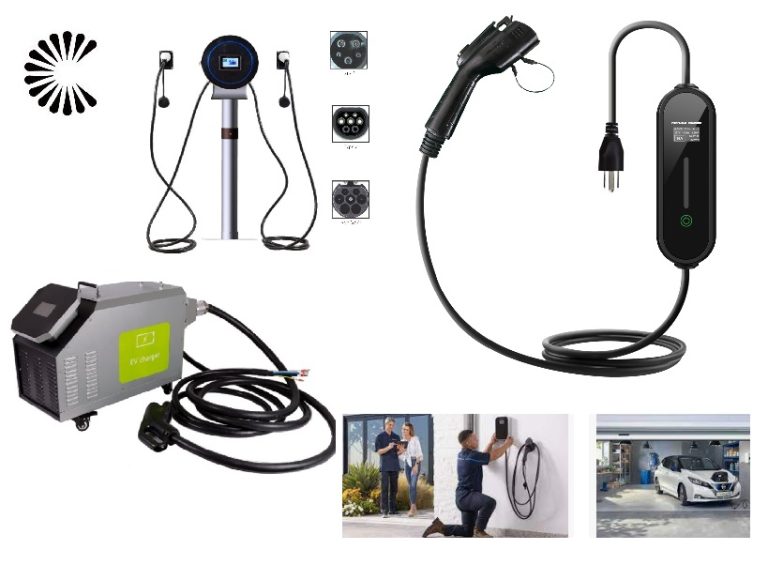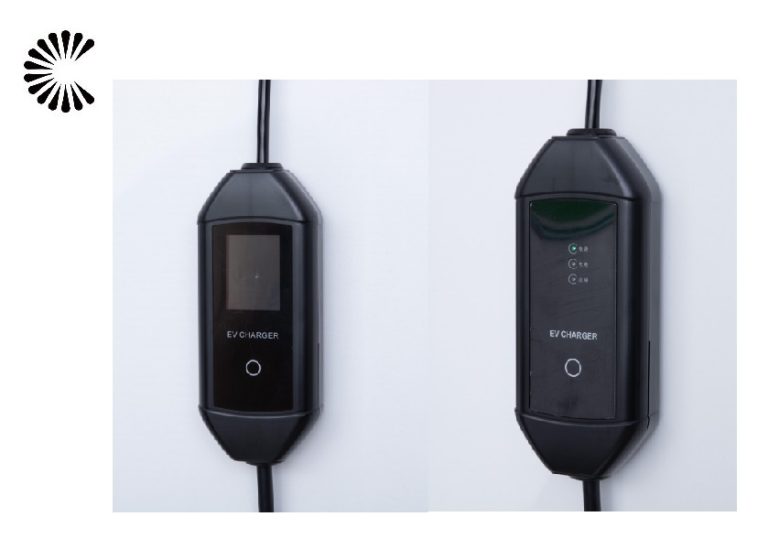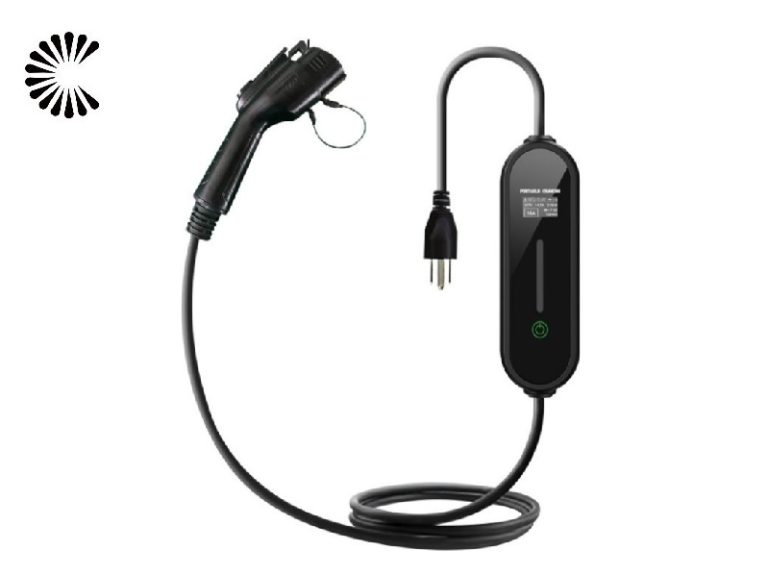50KW EV Charger Ground Output 0-750V Input 110V-380V

50KW 60KW 80KW
DC EV Charger
Parameters & Configurations:
Certification:
EU & US, with CE, UL Certification.
Parameters (Input, enviornmental, mechaical, output, Unser interface and display, communication, protection and safety Requirements)
| EV Charger Type | DC 50KW/60KW |
| Product Model NO. | ENC-DCL050A(B) SAE-DCL050A(B) JAN-DCL050A(B) |
| Mounting | Ground mounted |
| AC Supply System | Three-Phase, 5 Wire AC system |
| Input frequency | 50Hz, ±1.5Hz / 60Hz, ±1.5Hz |
| Nominal Input Voltage | 380V ± 15% |
| Ambient Temperature Range | -25 to 55°C |
| Ambient Humidity | 5 to 95% |
| Storage Temperature | -40 to 70°C |
| IP Ratings | IP 54 |
| Cooling | Forced air cooled |
| Number of Outputs | 1 OR 2 |
| Type of Each Output | 200-750VDC (+20% and -20%) |
| Single Output Max. Current | Max. 150Amp |
| Power Factor | ≥0.99(50% load above) |
| Display & Touch-Screen Size | 7 Inches |
| Communication between EVSE and Central server | OCPP 1.6J Protocol (Optional) |
| Interface between Charger and CMS | Ethernet and GPRS Modem |
| Executive Standard | IEC 62196 2017, IEC 61851 2017, SAE J1772,CHAdeMO etc. |
| EV Charger Type | 80KW |
| Product Model NO. | ENC-DCL080A(B) SAE-DCL080A(B) JAN-DCL080A(B) |
| Mounting | Ground mounted |
| AC Supply System | Three-Phase, 5 Wire AC system |
| Input frequency | 50Hz, ±1.5Hz / 60Hz, ±1.5Hz |
| Nominal Input Voltage | 380V ± 15% |
| Ambient Temperature Range | -25 to 55°C |
| Ambient Humidity | 5 to 95% |
| Storage Temperature | -40 to 70°C |
| IP Ratings | IP 54 |
| Cooling | Forced air cooled |
| Number of Outputs | 1 OR 2 |
| Type of Each Output | 200-750VDC (+20% and -20%) |
| Single Output Max. Current | Max. 200Amp |
| Power Factor | ≥0.99(50% load above) |
| Display & Touch-Screen Size | 7 Inches |
| Communication between EVSE and Central server | OCPP 1.6J Protocol (Optional) |
| Interface between Charger and CMS | Ethernet and GPRS Modem |
| Executive Standard | IEC 62196 2017, IEC 61851 2017, SAE J1772,CHAdeMO etc. |
- Simple operation, convenient installation;
- High eficiency, reliable and stable performance;
- Friendly interaction interface,7inch color touch screen;
- Support multiple modes of charging, operation management and payment;
- Support 3G/4G,, Ethernet or wireless telecommunication;
- Support RFID Card/OCPP 1.6J (optional);
- Support CCS-2/CCS-1/CHAdeMO connector(or Socket)optional;
- Overload integrated Protection;
- Support online data upgrade
They are suitable for occasions such as city special charging stations that provide charging for
bus, taxi, public service vehicles, sanitation vehicles,logistics vehicles, etc.; city public charging
stations that provide charging for private cars, commuter, bus; intercity highway charging
stations and other occasions that need special DC fast charging.
Here we list down some of application scenarios:
1. Business organizations: Supermarket, Shopping mall, Hotel, Restaurant, Pharmacy
2.Non-profit organizations: Airport, Railway / bus station, Exhibition, Museum, Hospital, School, Convention center, Lottery station, Government affairs center
3.Financial organizations: Bank, Insurance company, Foundation, Security company
4.Entertainments: Movie theater, Club, Bar, Salon, Gambling house
Suitable for Car Brands:
Almost all the electric car, minibus, bus, van vehicles are suitable. Please contact with our sales team to confirm the right models.
KINGSTAR EV YUTONG EV BYD EV GEELY EV BENZ EV ZXAUTO DONGFENG MOTOR






In the course of transportation, the charger should be packed firmly and intact in
a solid wooden packing box, and the direction of loading and unloading should be marked.
The charger should not be stored and transported upside down. In the course of
transportation, corresponding tightening measures should be taken to avoid strong
vibration and bump damage to the outer packaging of equipment. After arrival of the
goods, user should check whether there is any damage. If there is any transport damage,
user should consult with the transport party or our company to solve it. Check whether
the contents in the box are in conformity with the packing list immediately after
opening the box.
The packaged equipment should be stored in the room where the relative humidity is
less than 80% and the ambient air temperature is -20℃ to +55℃. Storage places should
be dry, clean and airy, and can prevent the invasion of harmful gases. It is strictly
forbidden to store corrosive articles in the same place.
Note: It is strictly forbidden for non-professionals to disassemble equipment
components.


Our Factory have certifications such as CE ISO Certifications. TUV /UL /CE Certificated for Overseas on cable and wire.
- Charger body is easy to be fixed with anchor bolts to prevent it from inclining
and dithering due to external and human factors. - Shading and rainproof measures should be taken for chargers. It is suggested
to install shelters outdoors. - Check regularly whether all bolts in chargers are tightened, whether the connecting wires are loosened or not, or the connection is not firm, etc.
- Check for short circuit.
- Check whether the emergency stop button is available.
- Attention should be paid to lightning protection to ensure effective shielding
and reliable grounding of chargers. - When in use, the output voltage and current of the charger should be controlled within the nominal range to ensure that the charger works in the state of maximum efficiency.
- When the charger stops using, the charging output should be stopped first, then the cable should be wrapped and put back in place.
Note: During the transportation, the chargers should be packed firmly and the
direction of loading and unloading should be marked. It is forbidden to store and
transport chargers upside down. Corresponding tightening measures should be taken
to avoid strong vibration and turbulence damage to the outer packaging of equipment.
- Decades of Experiences: As a Chinese academy of sciences park high-tech enterprise and manufactory, our factory establised since 2002, with over 10 years factory development, our factory became famous brand in China. We believe new energy is the future, better to environment and more economical to our life. We are an integrated hi -tech electronic company. “Passion, Honesty, Sound service, Keen cooperation and Development” are our goals. We are here expecting friends all over the world!
- Various Charging Products: Full range of charging products as well as charger accessories. Provide full support to customer after-sale services. Most of the model of produts are able to be customized.
- For all the products that we shipped have 1 year warranty period as well as life time spare parts and accessories with competitive price .
- Accept customized OEM ODM products.
- Experienced foreign trade team to handle the shipment and after-sale services.
- Efficient and fast supply chain.
Our factory With the professional R&D and Sales & Service Team. This enable us not only can provide the products but also a complete solution for EV Charing Station. Besides, OEM&ODM or engineering application assistance are also provide to our customer. Over decades of experience in electric power industry, our facotry also received high praise from international renowned enterprises for the great products and service.
| Certificate: | CE RoHS FCC Certificate | Warranty: | 12 Months |
| Input Voltage: | 110V-380V | Output Voltage: | 0-750V |
| Working Temperature: | -25℃-55℃ | Application: | Home Use/Commercial Use |
| OEM Service: | Color,Logo,Package, cable length, cable color | Supply Ability : | 4000 Piece/Pieces per Week |
| Packaging & Delivery: | Shanghai Port | Capacity | 4000 Piece/Pieces per Week |
| Lead Time: | Quantity(units) 1 – 5 5 working days | Factory Type | Supplier |
| Country / Region | China/Gungdong | Main Products | EV Charging Station, EV Charging Cable, EV Charging Connector |
| Factory employees | Over 100 people | Total Annual Revenue | Above US$100 Million |
| Main Markets | Europe South America | Connection: | type 1 or 2 plug |
| Mass production price | Negotiable | Charger Capacity | 3.5kw~480kw |
| Current | DC/AC | Plug type | Type 1,2,CHAdemo/CCS-2/CCS-1 |

User Authentication:Mobile Application or User Interface / QR Code/RFID Card /Password Login
Mobile Application or User Interface / QR Code/RFID Card /Password Login: Consumption Units
Safety Parameter:Over Current, Under Voltage, Residual Current, Surge Protection, Leakage Protection, Short Circuit, Over Temperature, etc.
Power failure: If there is a power failure, user is indicated about this.
3.5~22KW EV Charger
60KW EV Charger
100KW~150KW EV Charger
50KW EV Charger Wholesale Manufacturer In China
As a leading 50KW EV Charger manufacturer, we take pride in providing cutting-edge charging solutions for electric vehicles. With a focus on quality and innovation, we ensure that our chargers meet the highest industry standards, delivering rapid and reliable charging experiences. Our team of dedicated engineers works tirelessly to enhance the efficiency and user-friendliness of our products, promoting sustainable transportation for a greener future. From public charging stations to private installations, we cater to diverse needs, empowering EV drivers to embrace a cleaner, more sustainable lifestyle. Join us in driving the electric revolution forward with our state-of-the-art charging solutions.
Related Products
Related Articles
Contact Us
Frequently Asked Questions (Click to see more FAQ)
-
Are you a factory or trading company?
We are a professional manufacturer of new and sustainable energy applications for over 20 years.
-
What is the warranty?
Warranty period is 12 months. In this period, we will supply technical support and replace the new parts by free,customers are in charge of delivery.
-
What is the packing method?
Generally, we pack our goods in brown cartons. If you have legally registered patent, we can pack the goods in your branded boxes after getting your authorization letters.
-
What is your terms of payment?
T/T 50% as deposit, and 50% before delivery. We’ll show you the photos of the products and packages before you pay the balance.
-
What is your terms of trade?
EXW, FOB, CFR, CIF, DAP,DDU,DDP
-
How about your delivery time?
Generally, it will take 3 to 7 working days after receiving your advance payment. The specific delivery time depends on the items and the quantity of your order.
-
Can you produce according to the samples?
Yes, we can produce by your samples or technical drawings. We can build the molds and fixtures.
-
What is your sample policy?
We can supply the sample if we have ready parts in stock, but the customers have to pay the sample cost and the courier cost.
-
Do you test all your goods before delivery?
Yes, we have 100% test before delivery.
-
What’s the difference between Movable Charger and Wallbox Charger?
In addition to the obvious appearance difference, the main protection level is different: wallbox charger protection level is IP54, available outdoors;And the Movable Charger protection level is IP43, rainy days and other weather can not be used outdoors.
-
How fast does a 150kW charger charge?
The 150KW EV Charger offers numerous advantages that make it a game-changer in the world of electric vehicle charging. Here are some of the key benefits:
Lightning-Fast Charging: The 150KW EV Charger’s high-power capacity enables it to charge electric vehicles at incredibly fast rates. With such rapid charging speeds, EV owners can significantly reduce the time spent waiting at charging stations, making long journeys and commutes more convenient and time-efficient.
Reduced Downtime: Due to its quick charging capabilities, the 150KW EV Charger minimizes the downtime for electric vehicles. This is especially beneficial for commercial and fleet operators who rely on their vehicles for daily operations. Less time spent charging means more time on the road, maximizing productivity and profitability.
Universal Compatibility: The 150KW EV Charger is designed to be compatible with a wide range of electric vehicles. From compact city cars to larger electric SUVs, this charger can cater to diverse charging needs, making it versatile and accessible for various electric vehicle owners.
Optimal Battery Health: The charger is equipped with advanced charging protocols and safety features that prioritize the health of the electric vehicle’s battery. By preventing overcharging and overheating, the charger helps extend the battery’s lifespan and ensures long-term performance and efficiency.
Future-Proof Investment: As electric vehicles and charging technology continue to evolve, the 150KW EV Charger provides a future-proof charging solution. With its high-power capacity, it is well-equipped to handle the charging demands of upcoming electric vehicle models that may have larger batteries and faster charging capabilities.
Environmentally Friendly: Embracing electric mobility is a significant step towards reducing greenhouse gas emissions and combatting climate change. By encouraging the use of electric vehicles, the 150KW EV Charger plays a vital role in promoting sustainable transportation and contributing to a cleaner, greener environment.
User-Friendly Experience: Despite its high-power capacity, the 150KW EV Charger is designed with a user-friendly interface and intuitive controls. EV owners can easily initiate and monitor the charging process, making it accessible to both experienced electric vehicle users and those new to the technology.
Supporting Charging Infrastructure: The adoption of the 150KW EV Charger encourages the development of a robust charging infrastructure. As more of these high-power chargers are deployed, it enhances the charging network’s efficiency and coverage, making electric vehicle adoption more feasible for a broader audience.
In summary, the 150KW EV Charger’s advantages lie in its rapid charging speed, universal compatibility, battery health protection, and its contribution to environmental sustainability. By investing in this high-power charging solution, we can pave the way for a more efficient, eco-friendly, and convenient electric vehicle charging ecosystem. -
What does 150kW charger mean?
A 150 kW charger refers to an electric vehicle (EV) charger with a power capacity of 150 kilowatts. The “kW” stands for kilowatts, which is a unit of power used to measure the rate at which electrical energy is transferred or consumed.
In the context of EV charging, the power capacity of the charger determines how quickly it can recharge an electric vehicle’s battery. A 150 kW charger is considered a high-power charger, capable of delivering a significant amount of electricity to the vehicle’s battery in a short amount of time.
To put it simply, a 150 kW charger can charge an electric vehicle at a rate of 150 kilowatts per hour. The higher the charger’s power capacity, the faster the charging process, reducing the time required to replenish the vehicle’s battery.
High-power chargers like the 150 kW charger are particularly useful for long-distance travel or quick pit stops during road trips. They enable electric vehicle owners to charge their vehicles rapidly, making electric mobility more convenient and practical for everyday use.
As electric vehicle technology continues to advance, high-power chargers like the 150 kW charger play a crucial role in supporting the growth of electric mobility and fostering a cleaner, greener transportation future. -
What voltage for 150kW charger?
The voltage for a 150 kW charger typically depends on the specific design and specifications of the charger. Electric vehicle (EV) chargers can operate at various voltage levels, but the most common ones for high-power chargers like the 150 kW charger are 400-480 volts for direct current (DC) fast charging.
DC fast chargers, also known as Level 3 chargers, are capable of delivering high-power charging rates to quickly recharge electric vehicle batteries. They are commonly used for fast-charging stations along highways, at public charging stations, and in commercial settings.
While the typical voltage range for a 150 kW DC fast charger is around 400-480 volts, it’s important to note that different manufacturers or regions may have slightly different voltage specifications based on their electrical infrastructure and safety standards.
As electric vehicle technology continues to evolve, it’s possible that new charger designs may emerge with different voltage requirements or innovative charging capabilities. Therefore, when considering a 150 kW charger or any EV charger, it’s essential to review the manufacturer’s specifications and ensure compatibility with the local electrical system and the electric vehicles you intend to charge. -
How long does a 150kW charger take to charge a car?
The time it takes for a 150 kW charger to charge a car depends on the battery capacity of the vehicle and its current state of charge. Charging time is typically measured in kilowatt-hours (kWh) and can vary from one electric vehicle to another.
To estimate the charging time using a 150 kW charger, you can use the following formula:
Charging Time (in hours) = Battery Capacity of the Electric Vehicle (in kWh) / Charging Rate of the EV Charger (in kW)
For example, let’s say an electric vehicle has a battery capacity of 60 kWh and is connected to a 150 kW charger:
Charging Time = 60 kWh / 150 kW ≈ 0.4 hours
In this case, it would take approximately 0.4 hours (or 24 minutes) to fully charge the electric vehicle using the 150 kW charger.
It’s important to note that the actual charging time may vary depending on the electric vehicle’s battery capacity and the state of charge. Additionally, some electric vehicles may not be able to accept the full 150 kW charging rate, and the charging speed might be limited by the vehicle’s onboard charging system.
The 150 kW charger’s high-power capacity allows for rapid charging, making it ideal for long-distance travel or quick charging stops during road trips. However, charging times will vary depending on the specific electric vehicle being charged and its battery characteristics. It’s always a good idea to refer to the vehicle manufacturer’s specifications for more precise charging time estimates.
